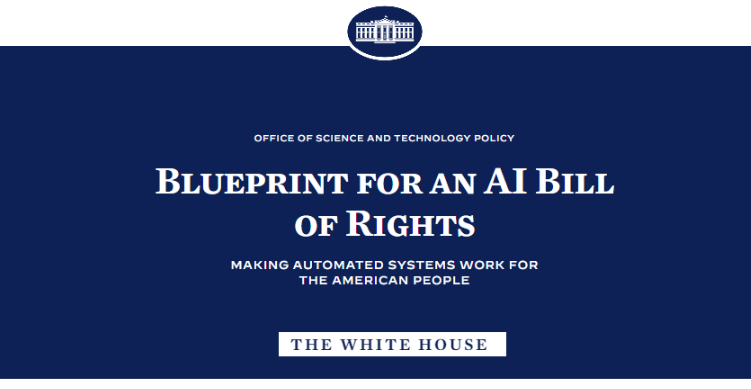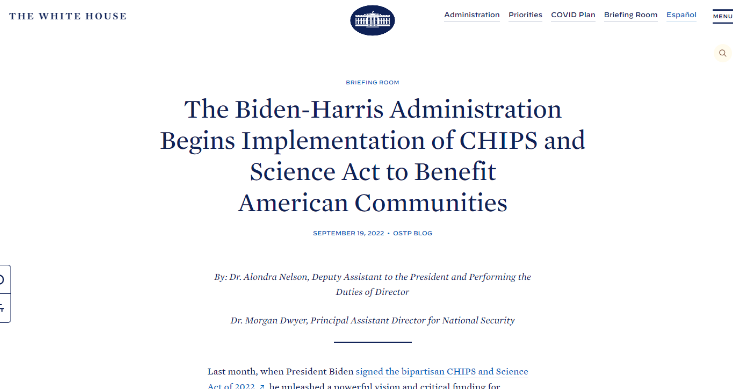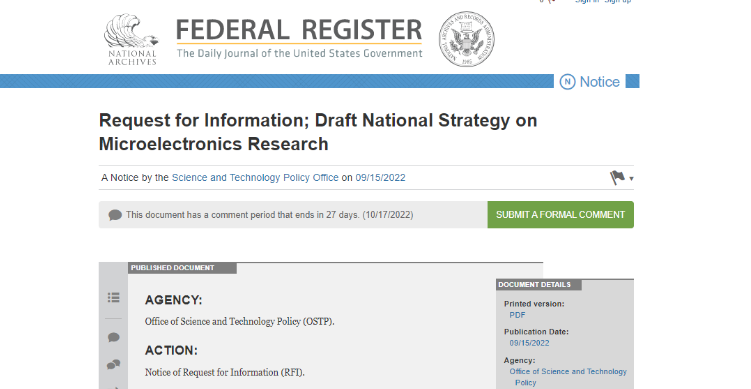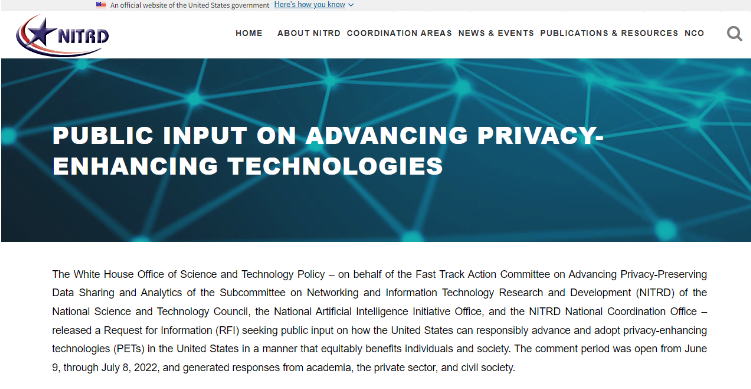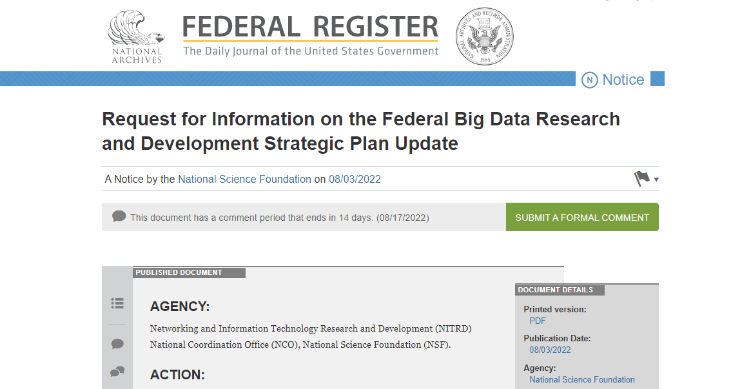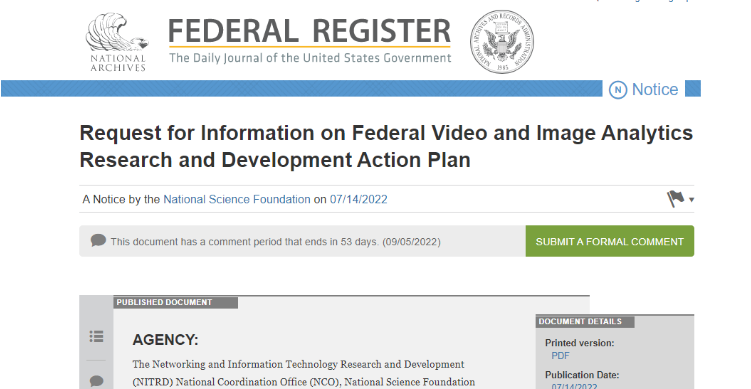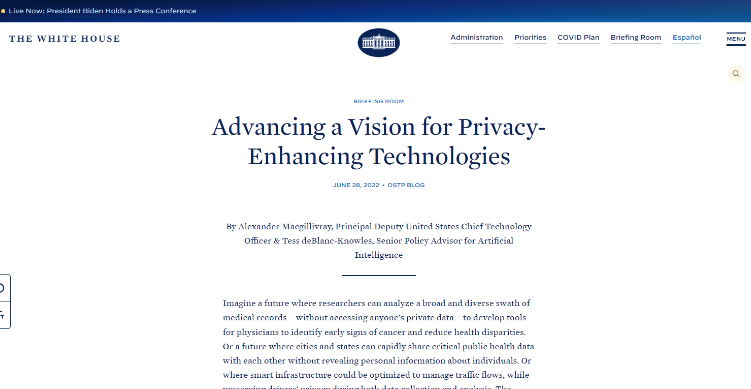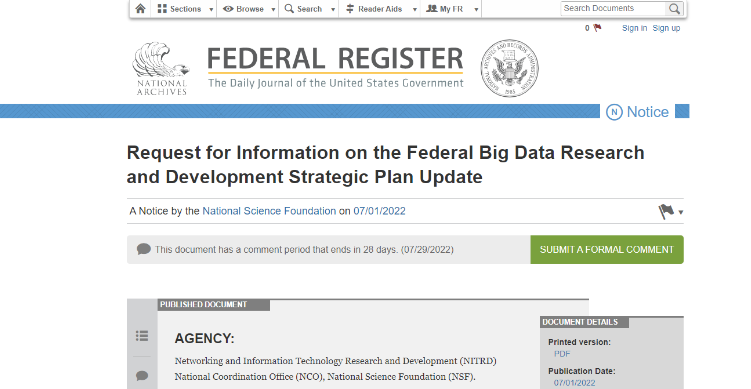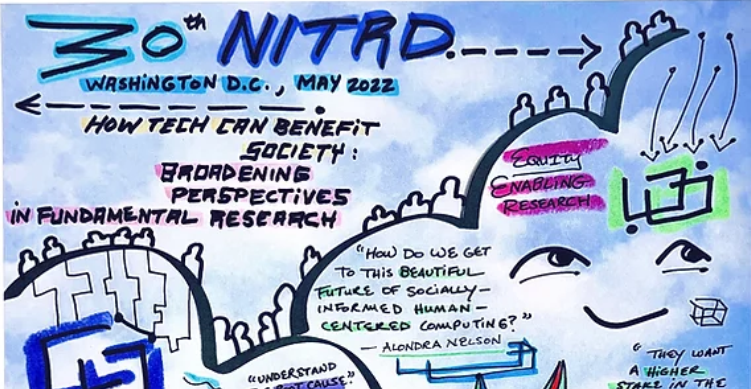Blueprint for an AI Bill of Rights: Making Automated Systems Work for the American People
The Blueprint for an AI Bill of Rights is a guide for a society that protects all people from these threats—and uses technologies in ways that reinforce our highest values. Responding to the experiences of the American public, and informed by insights from researchers, technologists, advocates, journalists, and policymakers, this framework is accompanied by From Principles to Practice—a handbook for anyone seeking to incorporate these protections into policy and practice, including detailed steps toward actualizing these principles in the technological design process. These principles help provide guidance whenever automated systems can meaningfully impact the public’s rights, opportunities, or access to critical needs.


